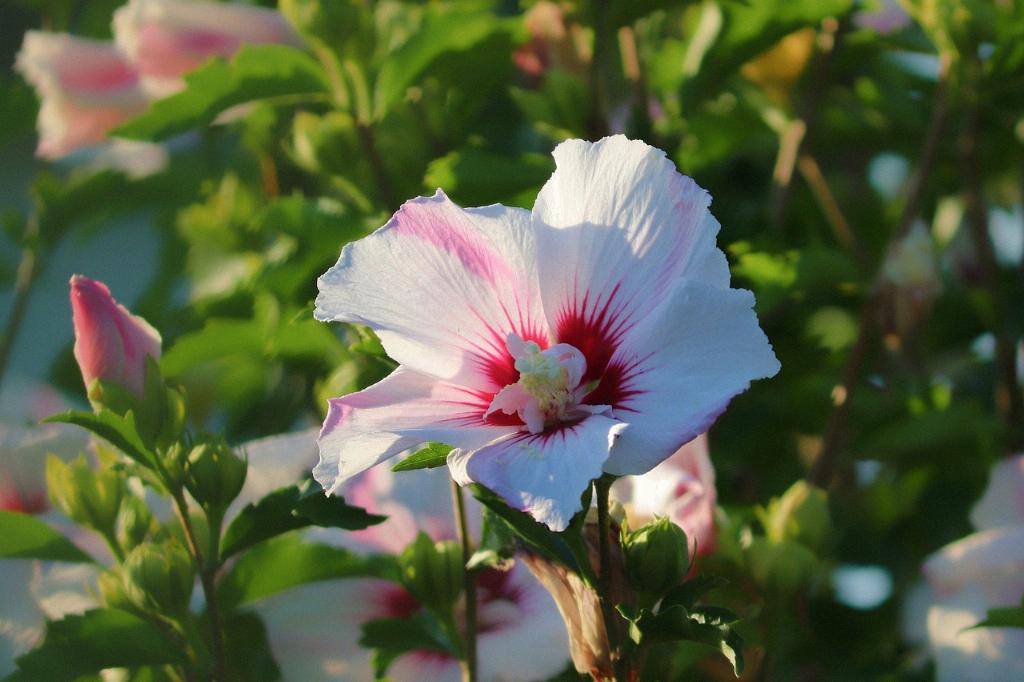Many people wonder if consuming hibiscus tea can lead to feeling sleepy, especially considering the impact of various beverages on our sleep patterns. So, let’s delve into the question: Does hibiscus make you sleepy?
Benefits of Hibiscus Tea
Hibiscus tea is known for its vibrant color and tangy taste, but its benefits extend beyond flavor. Rich in antioxidants, hibiscus tea is a popular choice for promoting overall well-being.
The Role of Melatonin
One key factor that influences our sleep-wake cycle is melatonin, a hormone produced by the pineal gland in the brain. Melatonin helps regulate our sleep patterns, signaling to the body when it’s time to rest.
Hibiscus Tea and Melatonin
Studies suggest that hibiscus tea may contain trace amounts of melatonin, which could potentially contribute to feelings of drowsiness after consumption. However, the concentration of melatonin in hibiscus tea is relatively low compared to supplements.
Effects on Sleep Quality
While hibiscus tea may contain melatonin, its impact on sleep quality can vary among individuals. Factors such as caffeine sensitivity and overall health can influence how hibiscus tea affects your sleep.
Timing and Dosage
The timing of consuming hibiscus tea could also play a role in its effects on sleep. Some individuals find that drinking hibiscus tea in the evening helps them unwind and prepare for rest, while others may prefer to enjoy it earlier in the day.
Personal Sensitivity
Individual sensitivity to hibiscus tea can differ, leading to varying responses in terms of sleepiness. Monitoring your body’s reaction to hibiscus tea can help you determine the best time to enjoy it without impacting your sleep.
Health Considerations
For those with existing sleep disorders or medical conditions, it’s essential to consult with a healthcare provider before incorporating hibiscus tea into your routine. Understanding how hibiscus tea may interact with your health can help you make informed decisions.
Alternative Relaxation Methods
If you’re seeking relaxation without the potential effects on sleep, exploring alternative methods such as meditation, gentle exercise, or soothing herbal teas could offer a more suitable solution.
Conclusion
In conclusion, while hibiscus tea may contain melatonin and have potential effects on sleepiness for some individuals, the relationship between hibiscus and sleep is complex and can vary based on personal factors. By paying attention to your body’s response and considering timing and dosage, you can enjoy hibiscus tea as part of a balanced lifestyle while promoting overall well-being.

